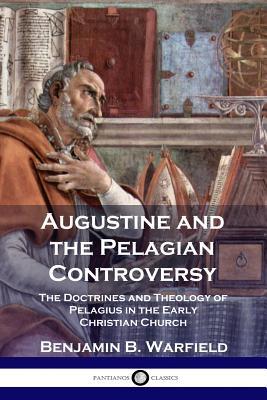St. Augustine's role in the Pelagian controversy, wherein a popular theologian issued beliefs contrary to those of the Catholic order, is explained here.
Pelagius was a popular figure in Rome and wider Christendom; thought to have hailed from the British Isles, his multilingualism, learned stature and obvious ascetic leanings made him a well-recognized and appreciated Christian. Years of preaching in Rome in the 4th and 5th centuries affected Pelagius' views; in particular, he felt that those who pled their very humanity was the reason for their sins and wrongdoing were abominable.
In his writings, little of which survive to the modern day, Pelagius offers an alternative theology based on readings of the New Testament. The Augustinian notion of original sin - that sin is inherited to all humanity since the fall of Adam and Eve - is rejected by Pelagius, who felt that individual humans have the capacity to shape their own spiritual destiny through both piety and moral living.
Augustine issued a spirited defence of his own beliefs - indeed, his writings are the primary source on the character and actions of Pelagius. This reaction is chronicled in Benjamin Warfield's essays, with other sources on the controversy also consulted to inform the reader.
